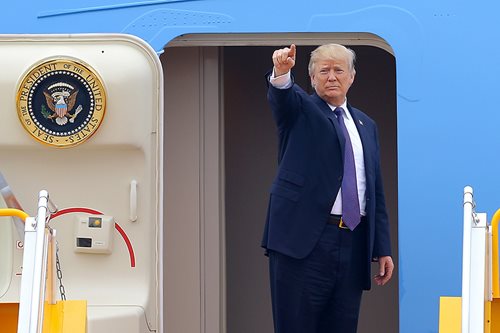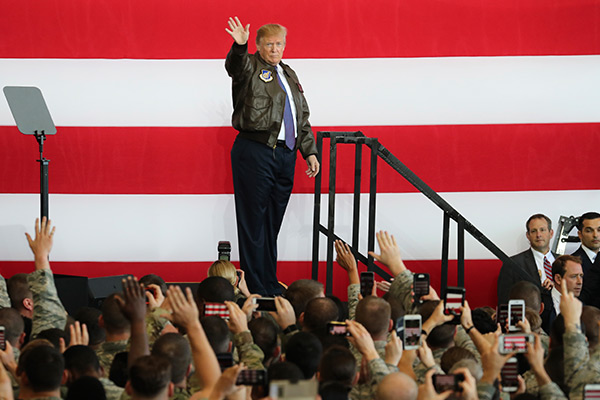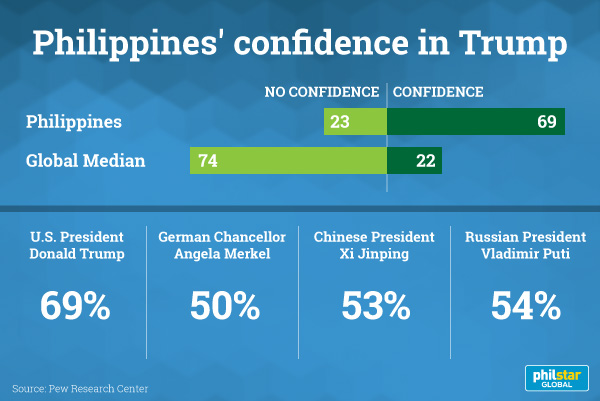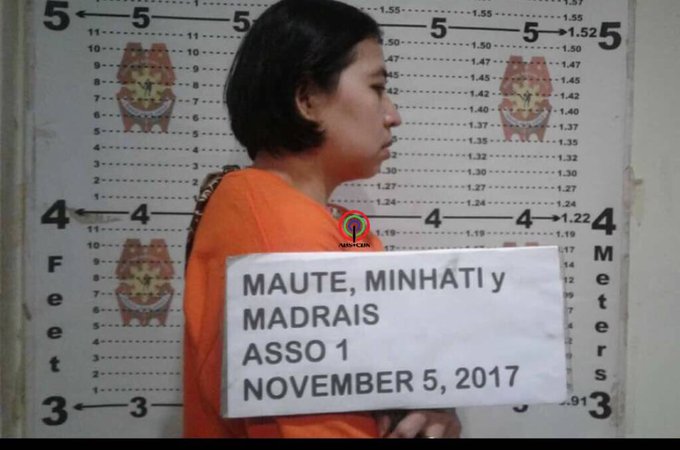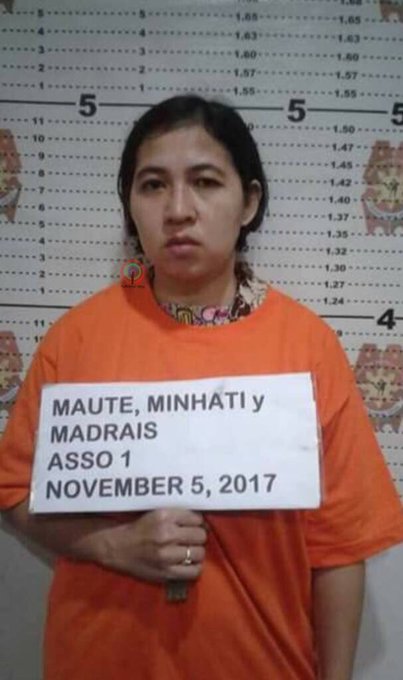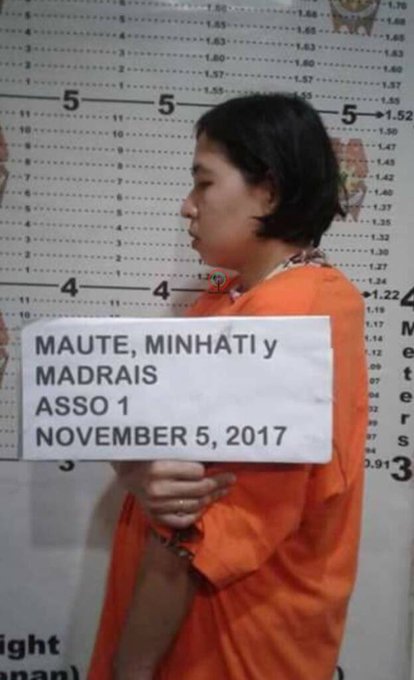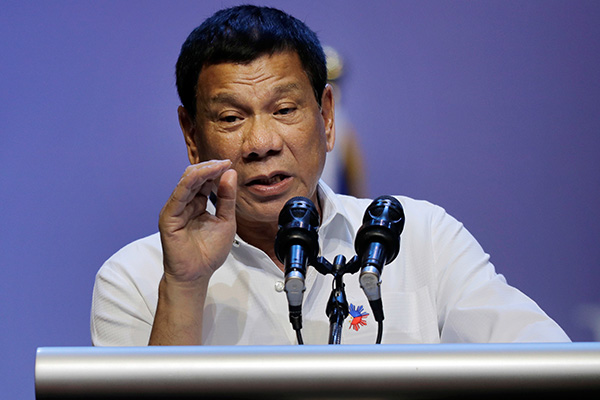Historical
fact and figures – Chinese merchants, European influence, independence
in SEA and a mix of US leadership and non-alignment.
Southeast
Asia has been for centuries an incredibly thriving region and a great
business centre. It has received and given a great diversity of
influences.
Chinese
merchants and Chinese trade in general has played a great role in these
cultural influences as early as the fourth century BC and it continued
for over 10 centuries with the setup of diasporic communities along the
trade routes.
It
is said that in the streets of Melaka over 80 different languages were
spoken more than 500 years ago. Various countries in Southeast Asia have
known European colonisation for centuries, mainly from the 16th to the
20th century in a period when China was less influential in Southeast
Asia.
If
we fast-forward to the aftermath of WWII, the era of the cold war set
the stage for weakened European countries to decolonise while the US
proceeded to increase its influence in the region. China was recovering
from the Japanese occupation and facing internal conflicts with its
civil war only ending in 1950.
Interestingly,
the Bandung conference took place in 1955, gathering Asia and African
countries who claimed their right to self-determination against
colonialism and neo-colonialism and their unwillingness to follow either
of the blocs during the cold war.
Following
the end of the cold war, US influence in the region became increasingly
significant and authors like Fukuyama were already proclaiming the “end
of history” as if US hegemony around the world would last forever. In
the meantime, while most observers were looking elsewhere, China’s
leaders – starting with Den Xiaoping who led China from 1978 to 1989 –
shifted its communist economy to what can be referred to as a “state
capitalism” which encouraged massive investments and increasing trade
with other countries. To a certain extent, what would follow was rightly
perceived by Alain Peyrefitte in his famous book “Quand la Chine
s’eveillera” written in 1973, which is literally translated to “When
China wakes up”.
China
is back on the map and after focusing on other priorities, the US
decides to operate a pivot to Asia-Pacific under the Obama
administration
Through
decades of industrialisation, China moved up the value chain
step-by-step as the “sleeping dragon” became a key player in the world’s
economy. In 2000, China was already ranked third in terms of GDP after
the US and Japan. China started to invest early in breakthrough
technologies and the increasing number of patents proved its willingness
to innovate. Simultaneously, the number of Chinese students studying
abroad (especially in the US) was increasing.
Politically,
the late 90s and early 2000s was also marked by the handover of
Hong-Kong to China (1997) and its progressive effects. While keeping
special administrative rights, Hong Kong was eventually handed back to
the Chinese. Subsequently, China developed its economic ties with its
Southeast Asian partners.
Meanwhile,
in the 2000s, the US foreign policy was focused mainly on the Middle
East, giving China the opportunity to strengthen its role as a regional
power of influence, especially in Southeast Asia.
Obama’s
“pivot to Asia-Pacific” marked a major shift in the priorities of the
US foreign policies. The Pacific Ocean – the centre of worldwide trade
with the vast majority of the world’s GDP on either side – has been
observing an interesting showdown between the US and China to be the
most influential foreign power in Southeast Asia since 2008.
Changing World order: Chinese long-term bamboo diplomacy Versus US uncertainties
Throughout
the second decade of the 21st century, especially under Xi Jinping's
presidency, China’s foreign policy has been recalibrated to fit a
changing paradigm in the world. While keeping a long-term approach to
its goals and objectives, China became more proactive in international
affairs from the business and security perspectives.
Examples
of China’s efforts in becoming a regional (if not global) leader are
abundant in various continents – such as in Europe and Africa – while
neighbouring countries and regions are being substantially transformed
through a number of ambitious plans: the silk road project,
island-building in the South China Sea and massive investments in
Southeast Asia, which include infrastructure, tech deals, bilateral
agreements and the ASEAN-China free trade agreement.
The
election of Trump in the US marked another major shift in the US
foreign policy and its approach to international trade. While the
previous administration was trying to balance the inexorable rise of
China’s influence within the region, Trump decided to pull out of the
Trans-Pacific Partnership. This trade deal was initially signed by 12
countries that border the Pacific Ocean and represent altogether roughly
40 percent of the world’s economy output: Australia, Brunei Darussalam,
Canada, Chile, Japan, Malaysia, Mexico, New Zealand, Peru, Singapore,
the United States and Vietnam.
For
many experts, Trump is paving the way for China to strengthen its
influence in the region through his “America First” mantra. It seems
reasonable to assert that his approach to Asia-Pacific sets the stage
for a diminished role of the US in terms of influence in the region.
Nonetheless, recent tensions with North Korea showed that the US does
not intend to let down its key allies and influence in Northern
Asia-Pacific regions. However, as pointed out by a number of high
ranking diplomats, the US could be better off containing North Korea
rather than going head-to-head with a nuclear threat, which could claim
millions of innocent lives.
To
conclude, while various uncertainties surround the future of the US
presence in Southeast Asia and Asia-Pacific, China’s Xi Jinping recent
re-election as well as his enshrined name and ideology in the
constitution, is likely to pave the way for years of undisputed
leadership and a stronger Chinese presence in the region.
In
such a fast-changing world order, ASEAN countries can benefit from the
ongoing competition while finding a way to influence these global
superpowers owing to the region’s strategic geopolitical locations,
favourable economic contexts and historical ties with other major world
powers. The expected next durable growth period for Southeast Asia may
well be achieved through mutually beneficial deals with China, the US
and other continents such as Europe

